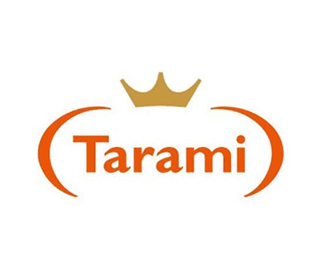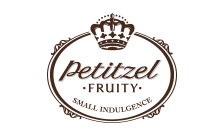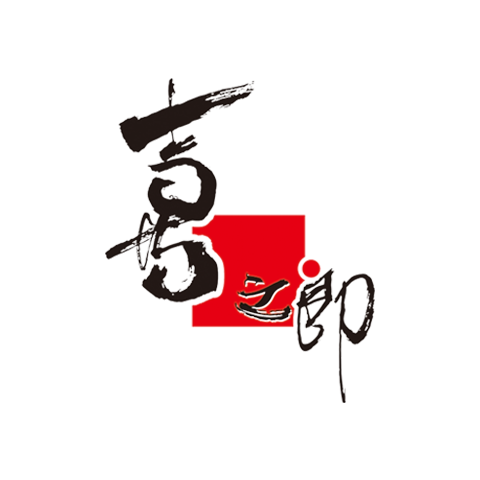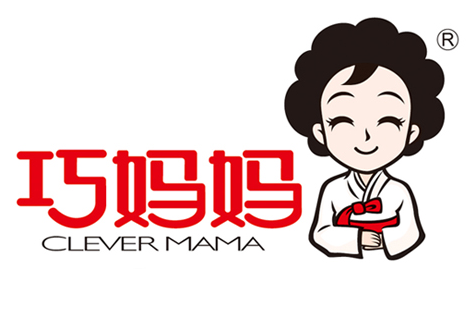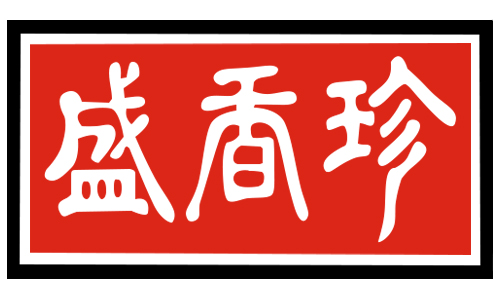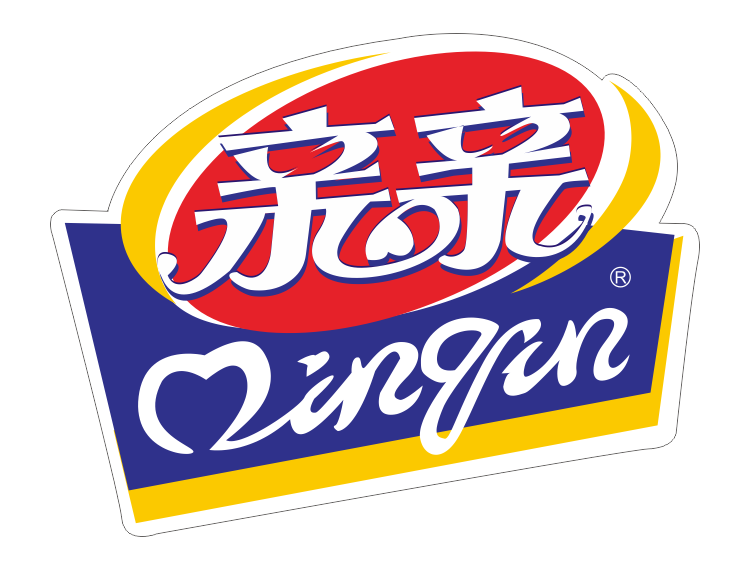Tarami started in 1969 from fruit processing, the main products are low-calorie jelly made from fruits, yogurt cheese, etc., in 1988 began to focus on jam and fruit jelly products, and jelly is Tarami's flagship product, the choice is very diverse, and its market share in Japan is also very high.
Tarami jelly is made from seasonal fruits, but in the process of being fully automated, the initial processing of the fruit is done manually, such as pre-screening, stalking and so on, so as to better ensure the quality of the fruit raw materials. In terms of production process, Tarami uses the method of running water cooking and rapid cooling, which can better preserve the original delicious taste of the fruit than ordinary canned cooking method.
Tarami jelly can be broadly divided into dozens of series, the most popular of which are the konjac series and the zero-calorie series. Konjac series jelly uses konjac as the main raw material, konjac (commonly known as konjac) is low heat and low fat, which helps to regulate the stomach and intestines, and the Japanese Ministry of Health and Welfare also clearly stipulates that primary and secondary school students must have konjac food in their meals. The konjac series includes apple, mango, white peach, grape and other flavors, with a soft and smooth texture, a single calorie of about 32-43kcal, and a strong sense of satiety, and is often used as a meal replacement food in Japan. This series is packaged in a soft pouch that is easy to carry and relatively convenient to smoke.
Although the jelly itself is not high in calories, for people who need to control their calorie intake, low-calorie jelly is obviously more popular. Tarami's zero-calorie series of jelly has captured many fans with this feature, and this series uses deep-sea red algae wall-breaking extract (cold weather) as the main ingredient, which is lower in calories, higher in dietary fiber and gum content, and more satiety than the seaweed extract (seaweed) used in the general market jelly. The zero-calorie series does not add pulp, and uses erythritol with an energy coefficient of 0kJ/g instead of other sugar alcohols, which has a lower sweetness and a refreshing aftertaste.
In addition to the two main series of konjac and zero calories, the other series of Tarami are basically added with rich fruit juice or real pulp, and the taste is naturally better. For example, the popular lactic acid bacteria series, which contains large ripe fruit pulp and rich lactic acid bacteria, has a white jelly color, and is equipped with coconut pulp, which is plump, refreshing and chewy, and the overall taste is slightly like jelly-like Yakult. The most prominent sense of pulp is the excellent pure series and smooth pulp series, the jelly is added with thick juice, fruit pulp and large real pulp at the same time, the frozen quality is delicate and smooth, you can chew the full pulp in the mouth, the taste is very rich, and there are dozens of fruit flavors in the series, consumers can choose according to the taste.
Tarami jelly has an official flagship store on domestic e-commerce platforms, which is very convenient to buy. Most of the jelly is sold in a combination of 6 cups, and the price is about 60-90 yuan, and the purchase price of a single cup ranges from 10-20 yuan, which is much higher than ordinary jelly on the market. In order to increase the aroma and adjust the taste, Tarami adds a very small amount of brandy to a portion of the jelly, which is heated during the manufacturing process and leaves almost no alcohol residue, but it is still not recommended for pregnant women.
- Related rankings
-
- melon seeds
- biscuit
- candy
- Chocolate confectionery
- Wafer biscuits
- Toughness cookies
- dark chocolate
- potato chip
- Spicy strips
- Ham sausage
- Zongzi
- Mooncakes
- Sandwich biscuits
- egg roll
- can
- Wrap stinky tofu
- Crispy biscuits
- Soda crackers
- Nut snacks
- Shaqima
- instant noodle
- pistachio
- chewing gum
- Ice cream ice cream
- Eight treasure porridge
- Ready-to-eat seaweed
- Canned dace
- Canned luncheon meat
- Canned delicatessen
- Canned abalone
- Canned fruit
- Canned tuna



